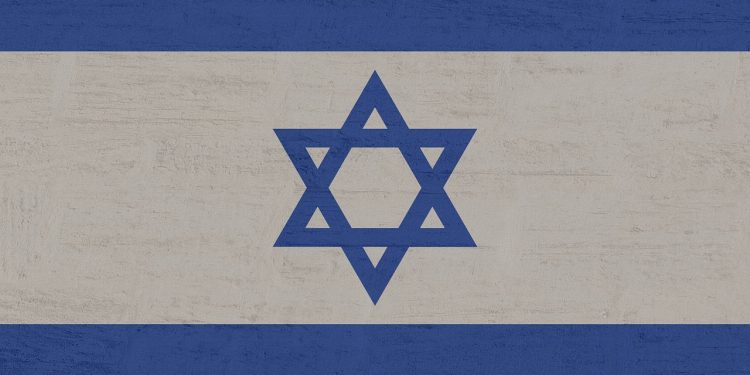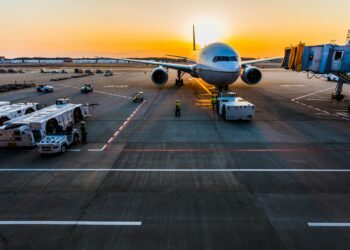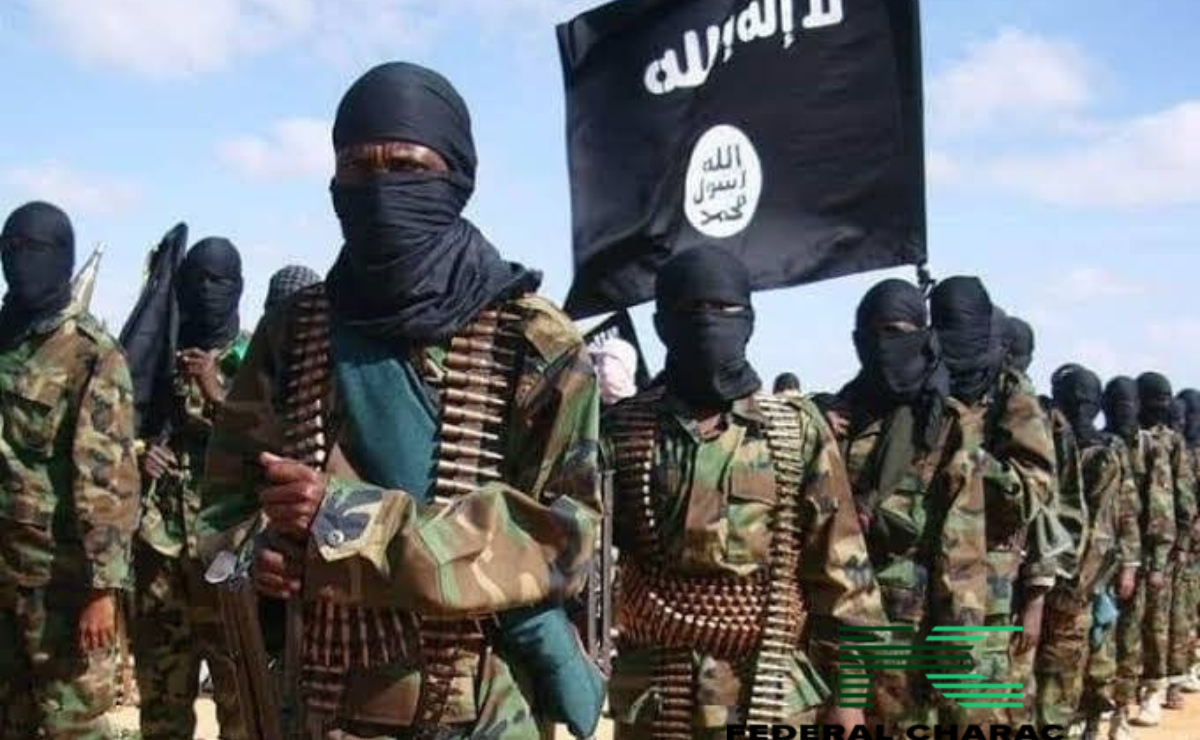Israel has made its position brutally clear: Hamas will be hunted “everywhere.” That statement, coming after the September 9 strike in Doha, was not only about military power, it was a declaration that no borders or allies matter when Israel decides its enemies are within reach. The problem is that this kind of strategy does not only target Hamas, it risks destroying whatever was left of regional peace.
The Doha strike was a turning point. For decades, Arab states have struggled to walk the tightrope between condemning Israel’s actions and quietly working with it. The Abraham Accords in 2020 symbolized that uneasy compromise, but it always carried one fragile condition: Israel had to keep the fight contained. By bombing in Qatar, a U.S. ally and a Gulf state at the heart of regional diplomacy, Israel ripped away that illusion. Israel Targets Hamas ‘Everywhere’

Qatar in the Crosshairs
Qatar is not just another country on the map. For years, it has positioned itself as mediator, talking to Hamas while keeping doors open to the United States. The Doha summit after the strike was filled with fiery language, Qatari leaders calling the attack “cowardly and treacherous” but behind the outrage lies a more serious concern: if even Qatar can be struck, then what guarantees exist for other Arab states?
This is where the peace project begins to collapse. Gulf rulers sold normalization to their people by promising stability and economic growth. But stability means nothing if Israeli warplanes can enter your airspace whenever they feel Hamas might be hiding inside. And economic deals do not feed public anger. That is why the Doha attack is more than a military event, it is a political earthquake.
Netanyahu’s Gamble
Prime Minister Benjamin Netanyahu insists Israel will strike Hamas leaders “wherever they are.” It sounds strong, but it is also reckless. It gives Israel a license to bomb in any capital, even those of supposed allies. This kind of arrogance forces Arab leaders into a corner. Either they keep quiet and look weak in front of their own people, or they push back and risk losing U.S. support.
The United States itself is uneasy. President Trump warned Israel to “be very careful.” That is diplomatic language for “you’ve gone too far.” Washington needs Qatar for mediation and hostage talks, but Israel’s actions threaten to blow up that channel. Once again, Netanyahu is playing politics not just with Gaza, but with the entire region.
The Death of Coexistence
The draft resolution from Arab states said it clearly: Israel’s actions “threaten prospects of peace and coexistence.” They are right. Every bomb on Arab soil kills another piece of the normalization process. It is not only about the Palestinians anymore; it is about sovereignty, dignity, and survival. Even the UAE, once a poster child of normalization, is now under pressure as Israel drags the region into chaos.
Meanwhile, Gaza continues to burn. Thousands more die, entire buildings are flattened, and yet Israel claims it is all part of fighting “terrorist infrastructure.” To much of the world, it looks less like security and more like punishment. That is why accusations of genocide grow louder every day.
Peace Now at Risk
The truth is, peace was already fragile. What the Doha strike did was expose the cracks that were always there. Arab leaders cannot claim partnership with Israel while their people watch Qatari soil being bombed and Gaza turned into rubble. And Israel cannot claim to seek peace while boasting about hitting Hamas “everywhere.”
If this continues, normalization deals will collapse under their own hypocrisy. The Middle East is learning again that peace without justice is nothing more than an illusion. And with every strike beyond Gaza, Israel risks not only isolating itself but dragging the region back into permanent hostility.

















